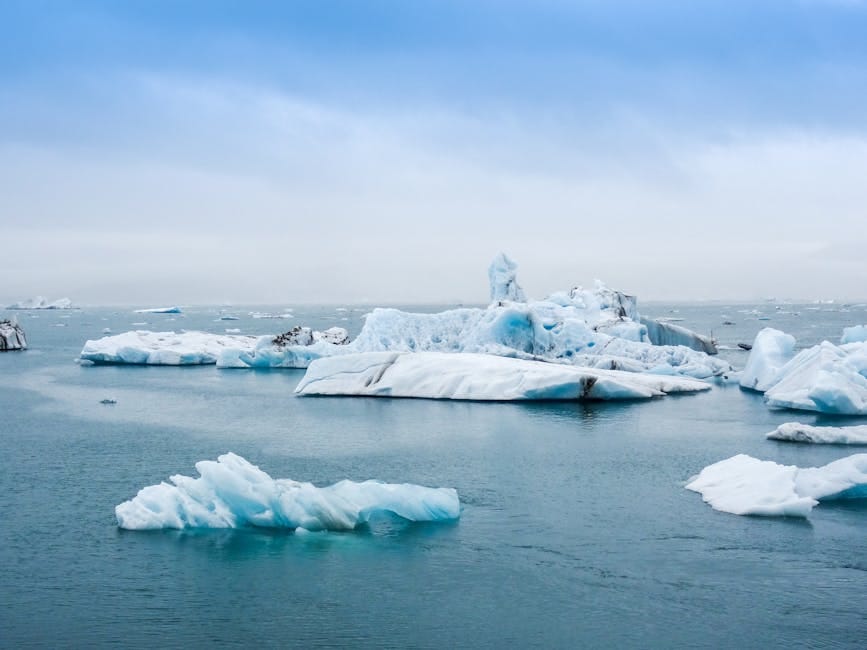Global warming, a pressing issue of our time, has become a significant threat to our planet and its inhabitants. The Earth's average temperature has increased by approximately 1 degree Celsius since the late 19th century, primarily due to human activities that release greenhouse gases into the atmosphere. This seemingly small temperature change has far-reaching consequences for our ecosystems, weather patterns, and overall well-being.
**Rising Sea Levels**
As the Earth's temperature increases, glaciers and polar ice caps melt at an accelerated rate. This melting process contributes to rising sea levels, leading to coastal erosion, flooding, and the displacement of human populations. According to the Intergovernmental Panel on Climate Change (IPCC), global sea levels are projected to rise by 26 to 82 centimeters by 2100, posing a significant risk to coastal communities and infrastructure.
**Extreme Weather Events**
Global warming intensifies the frequency and severity of extreme weather events, such as hurricanes, heatwaves, droughts, and floods. These events can cause widespread damage, loss of life, and disruption to economic activities. For example, the United States has experienced a significant increase in the number of Category 4 and 5 hurricanes in recent decades, leading to devastating consequences for coastal areas.
**Impacts on Human Health**
Global warming also affects human health in various ways. Heatwaves can cause heatstroke, dehydration, and other heat-related illnesses. Air pollution, exacerbated by climate change, contributes to respiratory and cardiovascular problems. Additionally, extreme weather events can lead to injuries, mental health issues, and displacement, further impacting human well-being.
**Ecosystem Disruption**
Global warming disrupts ecosystems by altering temperature, precipitation patterns, and other environmental conditions. These changes can lead to the extinction of species, shifts in plant and animal distributions, and disruption of food chains. For example, the warming ocean temperatures are causing coral bleaching and disrupting marine ecosystems, threatening marine life and the livelihoods of fishing communities.
**Economic Consequences**
Global warming has significant economic implications. Extreme weather events, coastal erosion, and other climate-related impacts can damage infrastructure, property, and businesses. The cost of responding to these events and adapting to the changing climate is also substantial. For example, the World Bank estimates that climate change could cost the global economy up to 2.5 trillion dollars per year by 2050.
**Addressing the Crisis**
Tackling global warming requires a global effort to reduce greenhouse gas emissions. This includes transitioning to renewable energy sources, improving energy efficiency, and promoting sustainable land-use practices. Additionally, adapting to the impacts of climate change is crucial, including implementing measures to protect coastal areas, improve disaster preparedness, and strengthen public health systems.
**Conclusion**
Global warming poses a grave threat to our planet and its inhabitants. The consequences of climate change are already being felt worldwide in the form of rising sea levels, extreme weather events, ecosystem disruption, and human health impacts. It is imperative that we act now to reduce greenhouse gas emissions and adapt to the changing climate to safeguard our future and ensure the well-being of generations to come.

